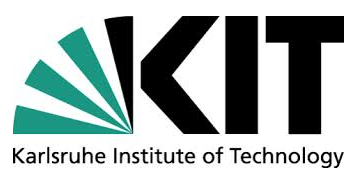KIT

The Karlsruhe Institute of Technology, briefly referred to as KIT, was established by the merger of the Forschungszentrum Karlsruhe GmbH and the Universität Karlsruhe (TH) on October 01, 2009.
KIT combines the traditions of a renowned technical university and a major large-scale research institution in a very unique way. In research and education, KIT assumes responsibility for contributing to the sustainable solution of the grand challenges that face the society, industry, and the environment.
Engineering sciences, natural sciences, the humanities, and social sciences make up the scope of subjects covered by KIT. In high interdisciplinary interaction, scientists of these disciplines study topics extending from the fundamentals to application and from the development of new technologies to the reflection of the relationship between man and technology. For this to be accomplished in the best possible way, KIT’s research covers the complete range from fundamental research to close-to-industry, applied research and from small research partnerships to long-term large-scale research projects.
The development of viable technologies and their use in industry and the society are the cornerstones of KIT’s activities. KIT supports innovativeness and entrepreneurial culture in various ways. Moreover, KIT supports a culture of creativity, in which employees and students have time and space to develop new ideas.
The KIT Research Centers focus on problems of fundamental importance to the existence and further development of our society or on key issues resulting from the striving for knowledge. These include the KIT Climate and Environment Center.